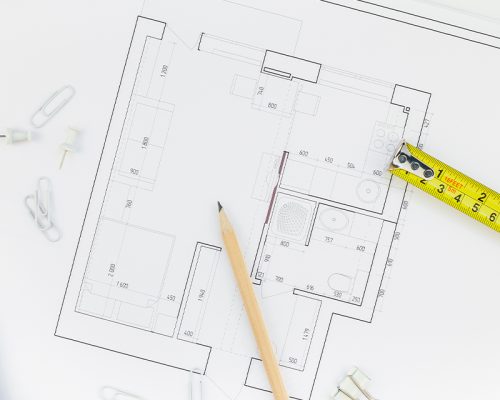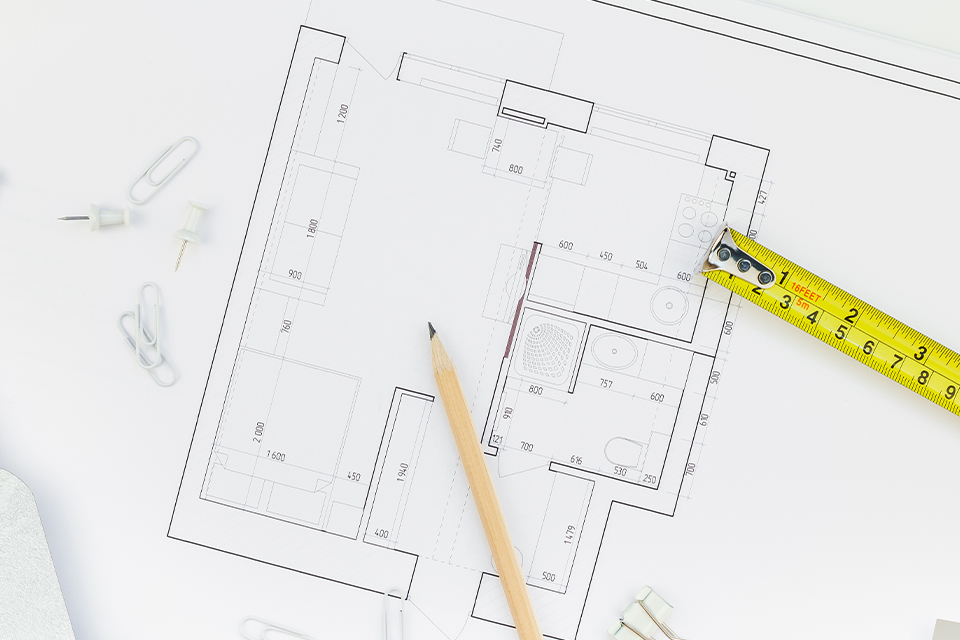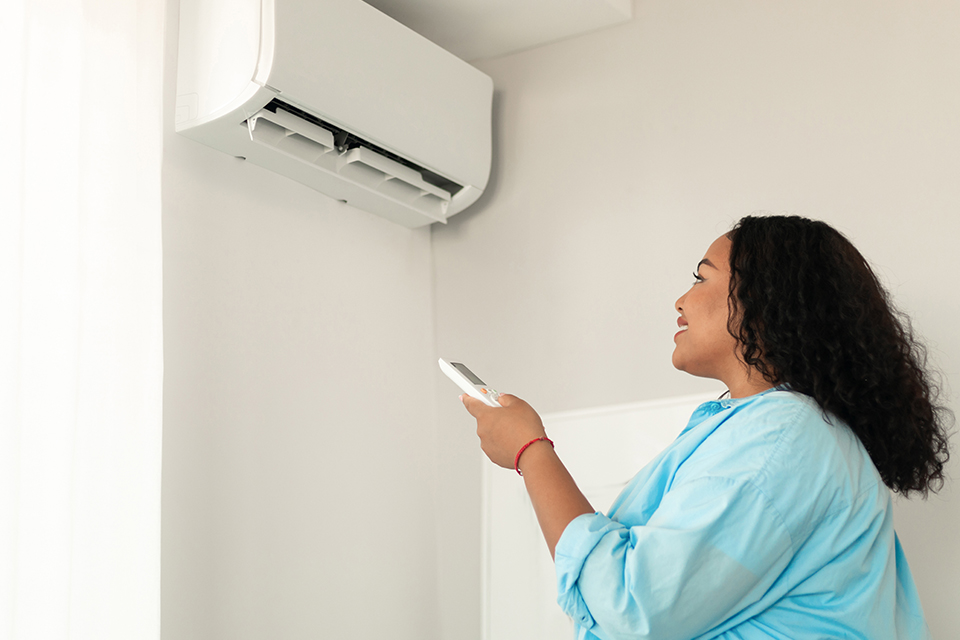
Smallest Split System Air Conditioner
May 22, 2025
How Do Air Conditioners Work
July 28, 2025What Size Air Conditioner Do I Need?

Choosing the right size air conditioner is important for comfort and energy efficiency. A unit that is too small will struggle to cool the space and a unit that is too large may cycle on and off too frequently causing uneven temperature and wasted energy. To select a suitable air conditioner size, you need to consider the room size as well as factors like location and insulation. In this article we will help you understand what affects air conditioner size, how to calculate the right size and what size air conditioner to choose.
How Is Air Conditioner Size Quantified?
Air conditioner size is quantified in kilowatts (kW) which is the cooling capacity. The kilowatts indicate how much cooling the air conditioner can provide. Kilowatts represent the amount of energy the unit can remove as heat over time, directly impacting how effectively it can cool a space and how much energy it consumes. In simple terms, kilowatts indicate how much cooling the air conditioner can provide. A 2.5kW air conditioner will provide enough cooling for a small space, while a 7kW air conditioner will be ideal for larger or open plan areas.
What Influences The Size Air Conditioner You Need?
A number of things influence the size of air conditioner you need. Certain factors like the room size, the number of rooms to cool, and energy efficiency requirements, are essential for choosing the right size air conditioner. Other considerations that may affect the size include things like insulation, location and orientation. These factors all impact the size air conditioner you will need.
- Room size: Room size is a primary factor in deciding the size air conditioner to buy. It is essential to get an air conditioner with enough cooling capacity for the size room. Large rooms need air conditioners with a large cooling capacity to adequately cool the space. Smaller air conditioners will struggle to cool a large room as their capacity is insufficient. As a basic rule, air conditioners require a 1.25kW to 1.7kW of cooling capacity per 10 square metres to cool a room efficiently.
- Number of rooms: The number of rooms you need to cool directly affects the size of the air conditioner you need. Consider the total square meterage of the rooms you want to cool to work out the required air conditioner kilowatts. You might also consider multi split air conditioning which cools multiple rooms with one outdoor unit.
- Energy efficiency needs: When deciding the right size air conditioner, it is important to take into account energy efficiency needs. A unit that is too small will work overtime to cool or heat a space which may lead to higher energy consumption. One that is too big may cycle on and off which also wastes energy.
- Insulation: How well a home is insulated significantly affects the size of the air conditioner you need. A well insulated home will retain heat in the winter and cool air in the summer which means a smaller, more efficient air conditioner will do the job. If a home is not well insulated, a larger air conditioner will be needed to keep the space cool as air will escape outside.
- Location: Where you live plays a part in the size of air conditioner you need. If you live in a humid climate like Darwin, you are going to need a larger and stronger air conditioner than someone who lives in Victoria where the temperature is much cooler. If you live in a cold climate, reverse cycle air conditioning is an excellent option, offering both heating and cooling.
- Type of air conditioner: The type of air conditioner can have an impact on the size you need because of the core technology and design. Some types of air conditioners cool a space more efficiently than others. The cooling capacity of a wall or window air conditioner is significantly less than the cooling capacity of a ducted system, while evaporative cooling generally does not have as good a cooling capacity as a reverse cycle air conditioner.

How To Work Out What Size Air Conditioner You Need?
There are different ways to find out what size air conditioner you need. These are manually calculating the area of the room, using a room chart guide, or using an air conditioner professional.
Calculating room area for air conditioner size.
To calculate the size air conditioner you need, take into account the size of the room in square metres and factor in other considerations like insulation and climate. To do a manual calculation follow these steps:
- Get the room measurement by measuring the length and width of the room and multiplying it to calculate the square metreage.
- Take into account the general size guide. On average a small room (up to 20m2) can use a 2 to 2.5kW air conditioner, a medium sized room (20 to 40m2) 2.5kW to 5kW air conditioner, a large room (40 to 60m2) 5 to 9kW, and extra large room over 60m2 or more needs a 6 to 10kW air conditioner.
- Consider location and insulation. While these general rules apply for an air conditioner size, if you live in a humid location like Darwin, you will most likely need a higher kW air conditioner than those in Victoria, for example. Location will also determine whether you require heating as well as cooling. A colder climate like Victoria will require equal heating and cooling so a large reverse cycle air conditioner will potentially be required. The same rule applies for insulation. A home with poor insulation will not keep the cool or warm air contained so will require a larger sized air conditioner or reverse cycle air conditioner than a home that is well insulated.
Room chart guide.
| Room size | Type of room | Approximate capacity |
| Small (up to 20m2) | Small living room, bedroom | 2–2.5kW |
| Medium (20–40m2) | Medium sized lounge | 2.5–5kW |
| Large (40–60m2) | Large bedroom, medium to large lounge | 4–6kW |
| Extra large (60+m2) | Open-plan living areas | 5–9kW |
Use a professional air conditioner specialist.
To accurately determine the right sized air conditioner for your needs, consult with a professional air conditioner specialist. An air conditioner specialist will conduct a thorough assessment of individual heating and cooling needs to ensure they supply and install the right sized unit. It is important to have the air conditioner size professionally assessed to avoid buying a unit that is too large or too small for the space. An expert will factor in every aspect of the home and individual requirements apart from just the room size. Air conditioner specialists include factors like Manual J loading in their assessment. Manual J loading calculations is a recognised method of determining the heating and cooling needs of a building. This detailed process ensures the most accurate assessment for an air conditioner size.
Why is Air Conditioner Size Important?
Air conditioner size is important for a variety of reasons. The right size air conditioner may greatly impact the comfort and energy efficiency of a home. The reasons the right size air conditioner is important include:
- Comfort: The right sized air conditioner will ensure a comfortable living environment with a consistent cool temperature on hot days. The aim of the unit is to provide consistent temperatures, cool a space effectively, and provide a better air quality.
- Energy efficiency: The size of the air conditioner will impact energy efficiency. An air conditioner that is too small or too large will lead to higher energy consumption and higher energy bills.
- Longevity: Air conditioner size significantly affects its longevity. An air conditioner that is too small for a space will have to work extra hard to cool the area, leading to wear and tear on the unit. If the air conditioner is too big, it tends to cycle on and off which places more strain on the system, causing it to fail earlier. The right size system should have a longevity of about 15 to 20 years.
- Cost: The initial cost and long term energy bills will be impacted by the size of the unit. The right sized air conditioner will cool the room effectively, keeping ongoing energy bills to a minimum. If you purchase an air conditioner that is too large, it will cost more upfront when a smaller, less expensive system would be better for the space.

What if the Air Conditioner Size is Too Small?
If the air conditioner is too small, it will have to work harder to reach the desired temperature for the room, leading to extreme wear and tear. An air conditioner that is too small will need to run constantly to maintain the programmed temperature which will increase both energy usage and energy bills. Small air conditioners will not be able to cool the space adequately, leading to a room that is warmer than required or has inconsistent temperatures. It will also be unable to adequately remove the heat and humidity from the interior of the home, resulting in a muggy and uncomfortable environment.
What if the Air Conditioner Size is Too Big?
An oversized air conditioner will cool a room down quickly but will shut off on a regular basis which is known as short cycling. To operate effectively, air conditioners need to run a full cycle. This means taking a reasonable amount of time to cool the space, maintain the temperature and then shut off temporarily. When air conditioners consistently short cycle, they become less energy efficient, provide less stable temperatures, and increase the wear and tear on the unit.
If you want energy efficiency and comfort it is important to choose the right sized air conditioner. The right sized air conditioner will last longer and keep energy bills down. Working out what size air conditioner you need can be tricky, so we put together this guide to help understand how to determine the right size for you. Calculating air conditioner size can be done by looking at a room size guide or taking into account factors like location and climate. However, the best way to find out the right sized air conditioner is to contact the experts in air conditioning at Simply Air.
 Schedule a quote
Request a callback
Schedule a quote
Request a callback

Call us Mon-Fri: 8:30am-5pm or leave us a message for a callback.
